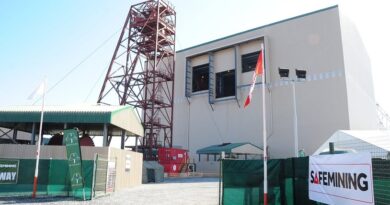Zambia’s Economy at Crossroads: Dependency on Petroleum Products and Its Negative Effects
Zambia’s economy has long been tethered to the consumption of petroleum products, fueling vehicles, generators, and vital machinery that drive the nation’s economic engine. This heavy reliance on fossil fuels, however, has introduced a slew of challenges, from fluctuating fuel prices to inflationary pressures.
The cost of petroleum products has cast a considerable shadow over the Zambian economy, rendering it one of the most costly commodities in the nation. The government’s decision to remove fuel subsidies has had significant repercussions, making petroleum more expensive for consumers. While this move aims to address economic imbalances, it has also sparked concerns about civil unrest and public protests. Over time, it might force the government to reconsider and potentially reinstate fuel subsidies.
To address this challenge comprehensively, Zambia must shift its focus from short-term fixes to long-lasting solutions. Building more oil reserves, transitioning to alternative transportation modes, and developing renewable energy sources are pivotal steps in this transformative journey.
Expanding oil reserves can significantly stabilize fuel costs, preventing sudden price spikes that disrupt the economy and burden households. Predictability in fuel costs can be instrumental in shielding the economy from shocks. Additionally, embracing electric mobility, such as electric vehicles or rail systems powered by renewable energy, can effectively reduce Zambia’s reliance on petroleum and mitigate the negative effects of price fluctuations.
However, the most sustainable solution to Zambia’s petroleum dependency lies in renewable energy sources. Solar power, wind power, and hydropower offer the potential to provide the nation with sustainable, reliable, and cost-effective energy. These sources are poised to address Zambia’s energy challenges, foster economic sustainability, and shape a brighter future.
In conclusion, Zambia’s economy stands at a crossroads, grappling with the adverse effects of its reliance on petroleum products. Embracing practical solutions, such as building oil reserves, transitioning to alternative transportation, and adopting renewable energy sources, can go a long way in mitigating these challenges. By charting this course, Zambia can position itself for a sustainable, competitive future, navigating the complex currents of the global economy with resilience and innovation.



